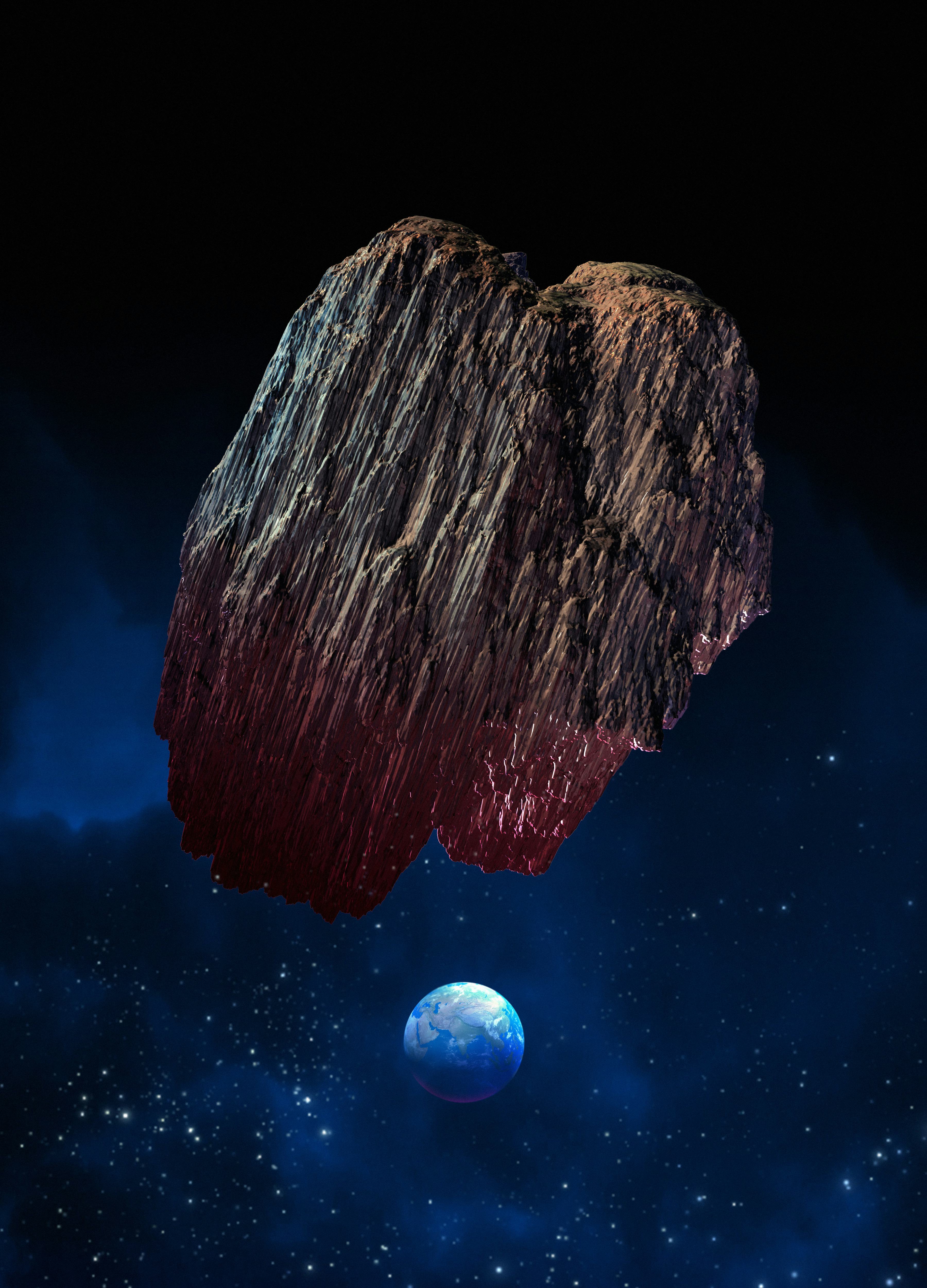
Several asteroids flew near Earth safely on Thursday — and one tiny space rock came in for a close shave.
The Solar System is dirty, filled with asteroids that litter the space between planets. Often, asteroids large and small swing near Earth and we are none the wiser. Scientists at NASA keep close tabs on the more than million known asteroids flying in our cosmic neighborhood, and keep instruments peeled to the sky to discover ones that have evaded our detection thus far.
Thursday turned out to be a special showcase of the asteroids loitering nearby.
The late afternoon welcomed the closest visitor: asteroid 2024 UY. It came just 184,000 miles from Earth, less than half the average distance between the Earth and the Sun. NASA’s Small-Body Database, operated by the space agency’s Jet Propulsion Laboratory in California, estimated 2024 UY’s closest approach for 5:35 p.m. Eastern (21:35 Universal Time, or UT).
Thankfully, this asteroid isn’t much larger than a car, estimated to be roughly 16 feet long.
The evening then saw two back-to-back close approaches from airplane-sized asteroids. The object 2023 TG14 passed Earth from a distance of about 1,582,000 miles — more than eight times farther away than 2024 UY at 7:22 p.m. Eastern (23:22 UT). Then, less than half an hour later, at around 7:46 p.m. Eastern (23:46 UT), asteroid 2021 EU2 flew past at about double that distance, about 3,287,000 miles from Earth.
When asteroids come within 4,600,000 miles of Earth (like the aforementioned three), they have some components of being qualified as potentially hazardous objects. What saved them from gaining full status is their small sizes. All were under 150 meters (492 feet).
But earlier on Thursday, Earth did receive a visit from a potentially hazardous asteroid. Building-sized 2002 NV16 came within 2,809,000 miles of Earth at 11:47 a.m. Eastern (15:47 UT). The asteroid is estimated to have been 580 feet in size, well above the frightening qualification. It sailed by without issue, though, thankfully.
There were more. Asteroids 2024 TP17 and 2015 HM1 started off Thursday’s cosmic conga line in the morning. The 105-foot-long space rock 2015 HM1 made its closest approach to Earth at 12:36 a.m. Eastern (4:36 UT) Thursday at a distance of 3,434,000 miles. Then at 4:20 a.m. Eastern (8:20 UT), another airplane-sized asteroid called 2024 TP17 paid a visit from 2,880,000 miles away from Earth.







